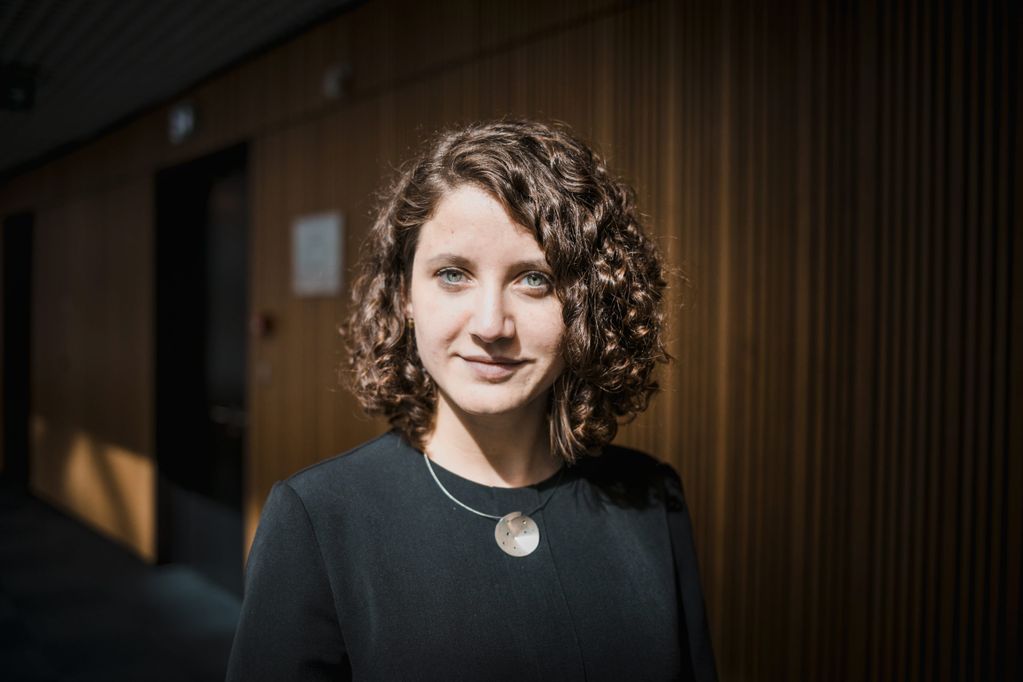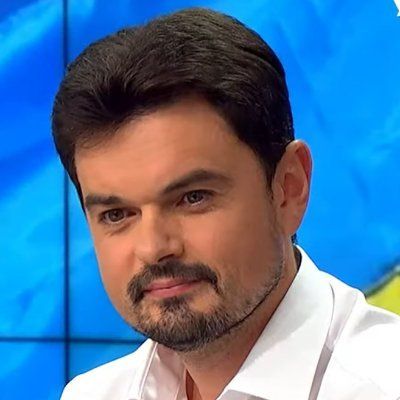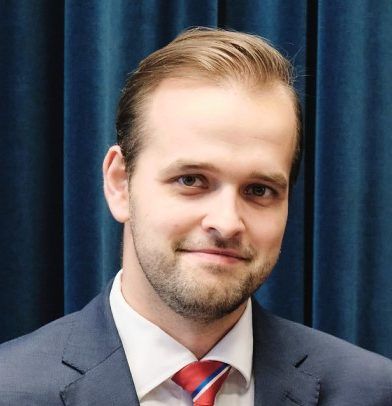From ambition to action: building Europe’s Defence Union
Past event In person

- Area of Expertise
- Peace, Security & Defence
Peace, Security & Defence

Belarusian journalist in exile, democracy activist and Non-Resident Fellow at the Atlantic Council

Founder of the Institute of Post-Information Society and former Ukrainian deputy minister of information policy

Programme Manager for Peace, Security & Defence at Friends of Europe
The consolidation of power within the Kremlin, with or without Vladimir Putin, albeit undesirable, is the most likely scenario for Russia after a defeat in Ukraine. This is the conclusion of a recent report by Friends of Europe outlining three scenarios of what will happen to Russia after Ukraine’s victory. One thing is certain: regardless of the outcome, the only pragmatic option to secure Europe’s peace and stability lies in sustained, robust, long-term military support for Ukraine, coupled with strengthening credible deterrence and defence capabilities of the EU and NATO.
Stalin’s methods, such as mass suppression of the remaining opposition and civil society, increased military buildup and even greater militarisation of Russian society to prepare for another conquest. This is what consolidation of power in the Kremlin following a defeat in Ukraine but still with Putin in power would look like. However, regardless of whether Putin is replaced or power is transferred to another individual, pursuing the war in Ukraine will likely remain the paramount concern for the ‘new faces’ in the Kremlin.
Russia’s defeat in Ukraine will not be the result of a single military operation but rather a gradual accumulation of Ukrainian successes over a period of time
The most desirable but unlikely scenario is the “true federalisation of the Russian Federation”, which would create a system of checks and balances that would serve as a foundation for sustainable peace. As desirable as this would be, given the lack of democratic mechanisms and the chaos and turmoil Russia’s defeat in Ukraine might produce, this scenario is highly unlikely. However, despite the low probability of peaceful federalisation, a number of initiatives by ethnic groups within Russia are already advocating a federalisation of Russia as the only solution to counter Moscow’s aggression.
Finally, the dissolution of power in the Kremlin is both undesirable and unlikely because a dissolution of power unleashed by the crumbling of Putin’s regime would be much less orderly and more violent given the lack of a mechanism for the transfer of power and the ensuing power struggles would involve high levels of violence.
The paper also argues that Russia’s defeat in Ukraine will not be the result of a single military operation but rather a gradual accumulation of Ukrainian successes over a period of time and that the military option remains the only viable solution to restore Ukraine’s internationally recognised borders.
The report “Revenge, implosion or reform – three scenarios for Russia after a defeat in Ukraine” is co-authored by Hanna Liubakova, journalist and Non-resident Fellow with the Atlantic Council; Dmytro Zolotukhin, Lecturer at Kyiv-Mohyla Academy and former Ukraine’s deputy minister of information policy; and Juraj Majcin, Programme Manager for Peace, Security and Defence at Friends of Europe.
The contributors to the report are Leila Alieva, Affiliate of Russian and East European studies at Oxford School for Global and Area studies; Iulia-Sabina Joja, Senior fellow and director of the Black Sea program at the Middle East Institute and adjunct professor of European security at Georgetown University and George Washington University; Iuliia Osmolovska, Head of GLOBSEC Kyiv office; Valeriy Pekar, Lecturer at Kyiv-Mohyla and Lviv Business schools and co-founder of the New Country Civic Platform; Martin Poliačik, Deputy Director of GLOBSEC Kyiv Office; Dalibor Roháč, Senior fellow at the American Enterprise Institute and research associate at the Wilfried Martens Centre for European studies in Brussels; David Rowe, Senior professor of political science at Kenyon College and Fulbright NATO security studies scholar; Jamie Shea; Senior fellow at Friends of Europe and former Deputy Assistant Secretary General for Emerging Security Challenges at NATO; Paul Vandoren, Former Acting Head of EU Delegation to the Russian Federation and former EU ambassador to Croatia; Maksym Yakovlev, Head of the International Politics Department of the Kyiv Mohyla Academy; and Evan Da Costa Marques, Programme Assistant at Friends of Europe.
Related content:
Past event In person

Next event

Past event Online

Past event Online





Stay informed
We use cookies and similar technologies to adjust your preferences, analyze traffic and measure the effectiveness of our campaigns. Learn more about our privacy policy.